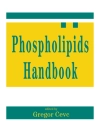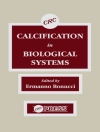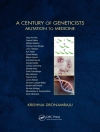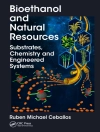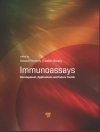In the past decade, our understanding of the biochemistry, molecular biology, and neuropathology of the glutamate transporters and receptors has exploded. It is becoming increasingly evident that molecular mechanisms, which govern the transfer of the death signal from the neural cell surface to the nucleus, depend on lipid mediators and on cross talk among excitotoxicity, oxidative stress, and neuroinflammation, and that interactions among these three processes play a major role in neuronal cell death during acute neural trauma and neurodegenerative disease. These processes may be primary initiating points in neurodegeneration or they may be the end result of the neurodegenerative process itself.
Neurochemical Aspects of Excitotoxicity provides extensive insight into glutamate transporters and receptors, including their role in the brain with other neurochemical parameters in excitotoxicity, and possible treatments. This book will be of interest scientists already working in the field of excitotoxicity who are interested in gaining a broader understanding of this complicated subject area, as well as graduate students and neurologists who are curious about a common cause of neuronal injury and neurological disorders.
Table des matières
Glutamate and Aspartate in Brain.- Excitatory Amino Acid Receptors in Brain.- Multiplicity of Glutamate Receptors in Brain.- Glutamate Transporters and Their Role in Brain.- Excitatory Amino Acid Receptors and Their Association with Neural Membrane Glycerophospholipid Metabolism.- Glutamate Receptors and Their Association with Other Neurochemical Parameters in Excitotoxicity.- Possible Mechanisms of Neural Injury Caused by Glutamate and Its Receptors.- Glutamate Receptors and Neurological Disorders.- Endogenous Antioxidant Mechanisms and Glutamate Neurotoxicity.- Glutamate Receptor Antagonists and the Treatment of Neurological Disorders.- Future Perspectives: New Strategies for Antagonism of Excitotoxicity, Oxidative Stress and Neuroinflammation in Neurodegenerative Diseases.



